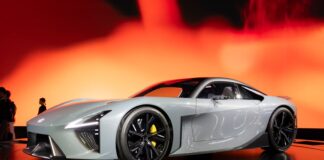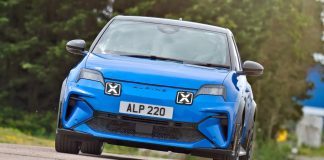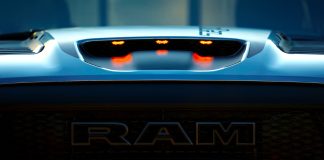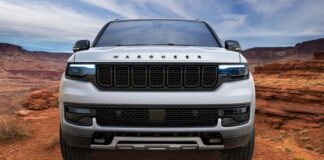Mercedes-Benz is preparing to launch the seventh generation of its E-Class in 2027, strategically positioning it to replace the current EQE electric model. This move reflects a broader shift in the automaker’s strategy to unify its electric and combustion-engine lineups under a single, recognizable nameplate.
Streamlining the Lineup
Currently, Mercedes operates a split approach – selling both traditional combustion-engine models and fully electric “EQ” variants. The new E-Class will bridge this gap, offering both powertrains under the same design language. This is a direct response to consumer perception that the EQE felt too different from the conventional E-Class, lacking the practicality buyers expect.
The company’s decision to integrate electric and traditional models under one name also aims to boost electric sales by leveraging the established E-Class brand recognition. Mercedes plans to keep the sixth-generation E-Class on sale alongside the new model for a period, ensuring continuity while transitioning customers.
Technical Divergence, Design Unity
Despite sharing the E-Class name, the next-generation model will be built on a new platform (MB.EA) and will not carry over technical components from the current car. However, design and interior packaging will align more closely with the combustion-engine version. The larger platform could even result in a roomier cabin.
Mercedes is emphasizing the refinement of the new E-Class, claiming it will set new standards for noise insulation and overall comfort in its segment. The company is already touting the new model as a benchmark for luxury and quietness.
The Future of Mercedes EVs
This shift marks a significant step in Mercedes’ electrification strategy. By merging the E-Class and EQE, the automaker seeks to address consumer hesitancy surrounding EVs while capitalizing on the strong reputation of its flagship sedan. Dropping the EQE name is a clear signal that Mercedes believes in the power of legacy branding to drive EV adoption.
The new E-Class is still two years from launch, but Mercedes is already laying the groundwork for a seamless transition between traditional and electric powertrains. The move underscores the company’s commitment to a future where electric vehicles are not seen as a separate category, but as an integral part of the broader automotive landscape.






















